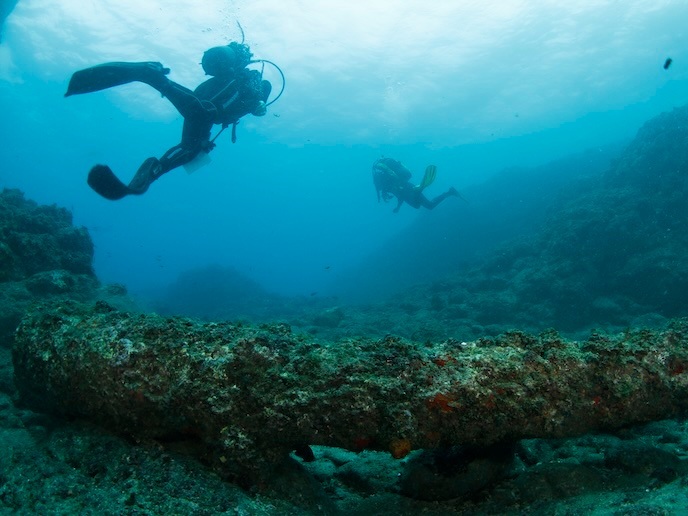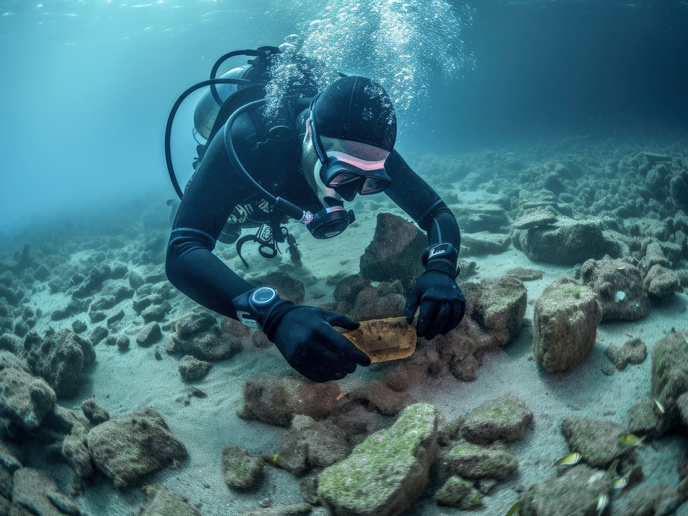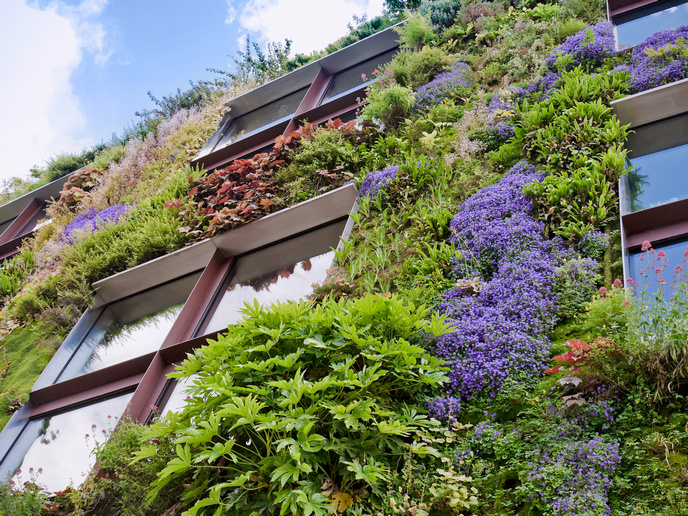Protecting the Atlantic’s underwater cultural and natural heritage
When you look at a map, Europe, Africa and the Americas are clearly geographically separate. But there’s one thing that binds all these distant places together: the Atlantic Ocean. “While the countries and people are different, we all share a cultural connection through the ocean,” says João Paulo Oliveira e Costa, a professor at the NOVA School of Social Sciences and Humanities(opens in new window) and chair, the Ocean’s Cultural Heritage of UNESCO(opens in new window). As a result of this watery connection, the countries bordering the Atlantic share a unique history that is full of cultural heritage – heritage that is threatened by climate change, a lack of awareness, and often weak regulations. Knowing that no one country alone can protect this shared cultural heritage, the EU-funded CONCHA(opens in new window) project decided to create a network to do the job. “Our goal was to develop long-term connections between a range of global players and governments from three continents to exchange different perspectives and ideas about protecting our shared cultural heritage,” adds Oliveira e Costa, who spearheaded the project. The project, which received support from the Marie Skłodowska-Curie Actions(opens in new window) programme, involved universities, research institutions and other stakeholders from Brazil, Cape Verde, Colombia, France, Ireland, Portugal, São Tomé and Príncipe, Spain and the United States.
Facilitating international exchanges about protecting underwater heritage sites
The CONCHA project was all about cultural exchange, with researchers from each country visiting others to share knowledge about protecting cultural heritage sites. Despite several setbacks, including the COVID-19 pandemic which forced these exchanges to go virtual, they were still a resounding success – resulting in several important achievements. “Working with our colleagues in Cape Verde, we set the basis for mapping the country’s underwater heritage sites, which played a major role in the country ratifying the UNESCO 2001 Convention on underwater heritage(opens in new window),” explains Oliveira e Costa. The project’s work in Cape Verde also provided local authorities with the training they need to protect underwater heritage. As a result, the country was able to more effectively control the underwater archaeological sites and, even for a time, to intercept non-authorised divers, potentially preventing the loss and destruction of several important cultural heritage sites. The project team also helped rehabilitate a 15th century church in Cape Verde, likely the oldest in the country.
Creating an emotional connection with the ocean
The CONCHA network further focused its efforts on educating and training young scholars and university students. In addition, in São Tomé and Príncipe, researchers worked with NGOs and local authorities to help them enhance their understanding of the importance of protecting and preserving underwater cultural and natural heritage. Project researchers have also participated in a wide range of international events, including the 2020 UN Ocean Conference Preparatory Meeting(opens in new window), where Oliveira e Costa discussed protecting the ocean’s cultural heritage. “By raising awareness about underwater cultural and natural heritage, we helped foster an emotional connection with the ocean,” remarks Oliveira e Costa. The project’s diverse consortium of members has leveraged their involvement with the project to launch a plethora of related projects and initiatives – guaranteeing that the CONCHA project’s impact will continue far into the future.







